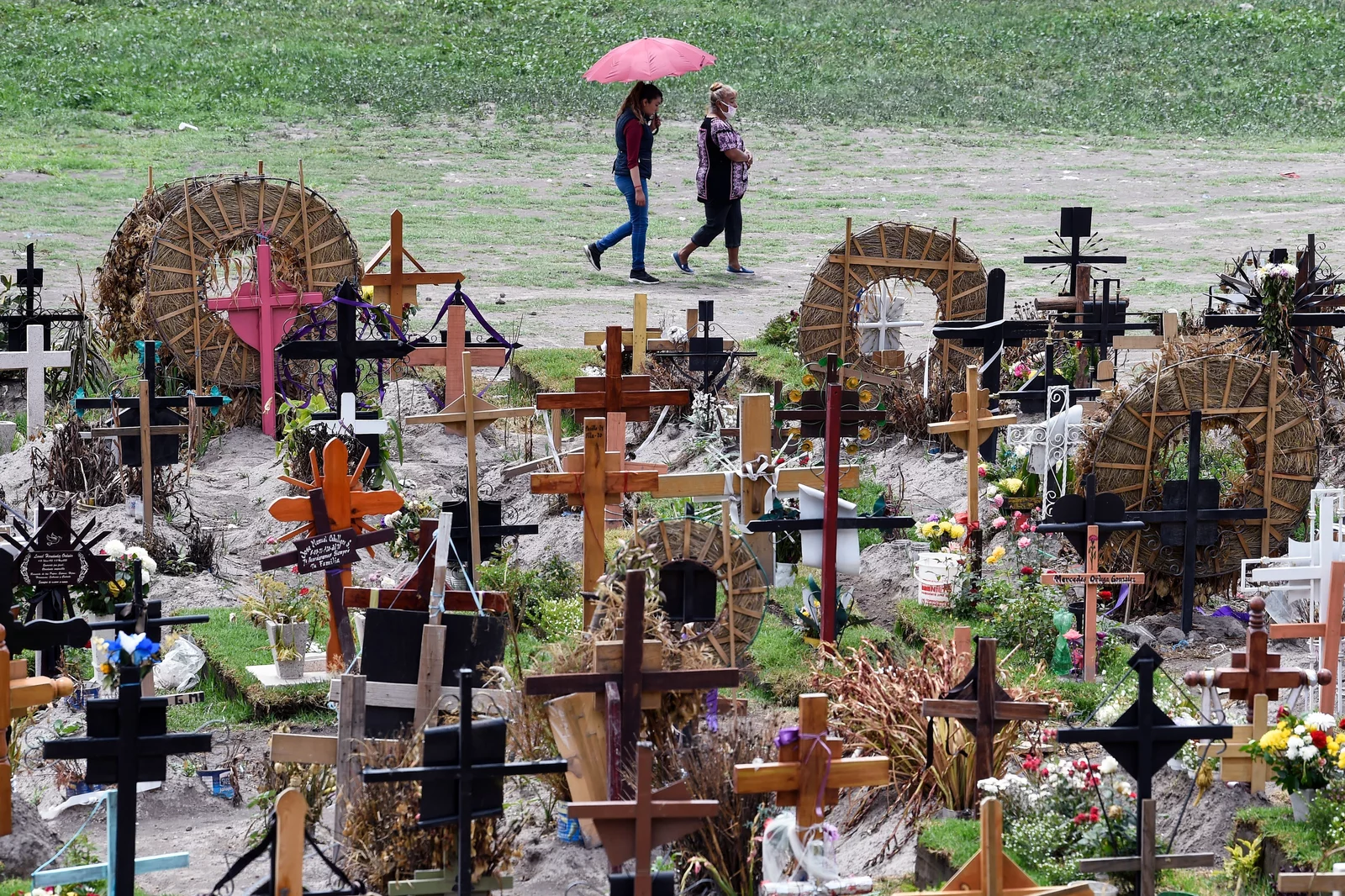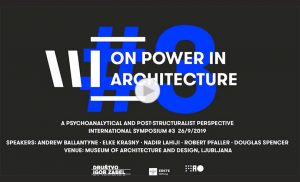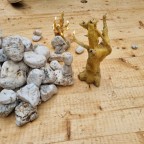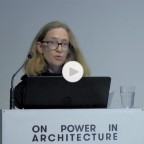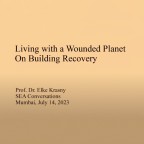Elke Krasny, Living with a Wounded Planet. On Building Care. Keynote Lecture, AHRA Architecture Humanities Research Conference Portsmouth, October 25, 2023
The 2023 Architecture Humanities Research Conference, AHRA, is dedicated to: Situated Ecologies of Care.
Elke Krasny’s keynote lecture “Living with a wounded planet. On building care” will address how historical acts of care violence and structural carelessness of capitalist-colonial-patriarchal regimes of modernity and their spatialization through architecture and the built environment have wounded the planet. Today, humans and all other living beings inhabit the air and the water and the earth and the infrastructures and the buildings and the technologies of a deeply wounded planet. At the same time, the lecture will address that architecture as a primary form of care has not only defined the spatialization of care and reproductive labors according to patriarchal-colonial-capitalist logics, but also has the potential to create and provide an emancipatory and transformative care praxis. Introducing the notion of scales of care, the lecture examines how scales of care can be understood through feminist epistemologies-as-embodied practices and thus become scales of concern, curiosity, cure, and worry that have to be brought into the reproductive, regenerative, and restorative capacities of architecture for everyday lived lives and for beginning to heal a deeply wounded planet, we are part of.
Information on the AHRA conference can be found here: https://ahra2023.org
